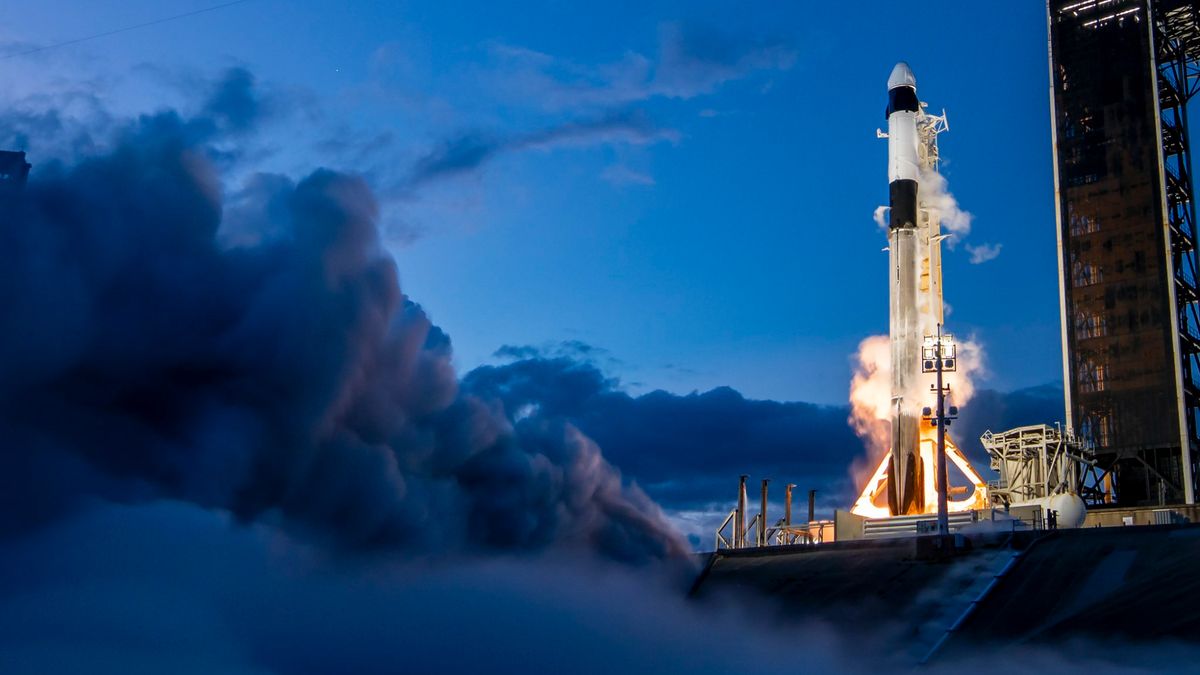The European Union does not forbid its members from buying Russian gas and pipeline oil meaning states inside the bloc can continue to purchase Putin’s fossil fuels.
However, some member states appear to be more dependent on Russian energy products than others.
The UK, US and Canada, amongst others, have banned the import of Russian oil. But western allies on the continent continue to consume it.
Express.co.uk unpicks which states are indirectly funding Putin’s grim war in Ukraine by importing his oil and gas.
Hungary
Viktor Orbán has often been criticised as being closer with Putin than he should be; the Hungarian prime minister met the Russian despot in July in a move slammed by EU leaders.
In this context, it is perhaps unsurprising that Hungary tops the list of EU states that imported Russian fossil fuels in July.
The Central European nation imported more than £250m worth of gas and pipeline oil.
Italy
Giorgia Meloni, who unlike Mr Orbán has talked tough on Putin and Russia, nevertheless leads a major European country heavily reliant on Russian energy.
Last month Italy imported around £230m worth of pipeline oil and gas.
Slovakia
According to the Internation Energy Agency (IEA), Slovakia remains “dependent on energy imports from Russia”. Against that backdrop it should come as no surprise that the relatively small Eastern European country brought in almost £200m of Russian fossil fuels in July.
Belgium
In June 2024, Belgium was the second-largest importer of Russian fuel behind Slovakia. Despite reducing its consumption in July to around £130m, it is still a major export hub for the Kremlin.
Czech Republic
The Central European state is another major player when it comes to Russian exports. Despite its president Petr Pavel being branded a “terrorist” and a “loser” by the Kremlin, his country still took in similar amounts of Russian fossil fuels as Belgium in July.




















Discussion about this post